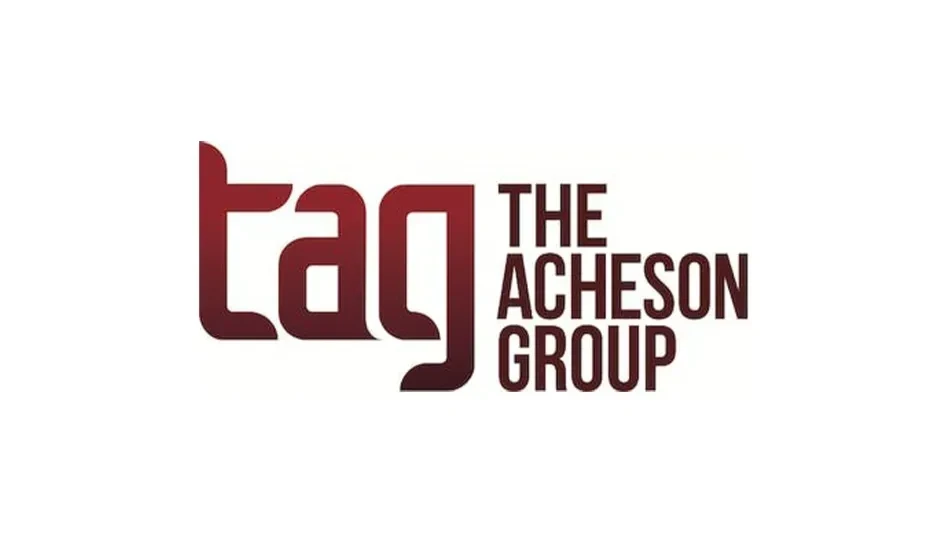With goals to increase its global reach and enhance educational offerings, the 2009 Food Safety Summit, April 27-29 at the Washington, D.C., Convention Center, is set to be “by far, the best we’ve ever done,” said Scott Wolters, director of tradeshows and conferences for the summit’s producer, BNP Media.
Wolters attributes this to the extraordinary efforts and personal commitment of the Summit’s 14-member Executive Educational Advisory Committee (EEAC) as well as changes made in response to attendee evaluations after the 2008 event.
“The EEAC committee members have been very forthright in communicating the challenges they’ve faced on a daily basis and translating this experience into educational opportunities for attendees,” Wolters said. “They are taking a personal interest in seeing that the sessions are of the highest quality.”
EVERYDAY HEROES. In its 11th year of existence and third year of BNP ownership, the summit continues its format of two and a half days of education, exhibits and networking events and the theme of everyday heroes: “Food Safety is no accident — it takes everyday heroes like you to ensure the safety and quality of our food products, services and processes.”
Changes to the 2009 show include:
- session time extended from 60 to 90 minutes to enable more in-depth topic coverage.
- fewer concurrent sessions to reduce attendee need to select between similarly applicable topics run at the same time.
- elimination of the track format for a broader range of topic coverage.
- a broader reach of speakers from major trade associations, key industry businesses, regulatory agencies and academia.
WORKSHOPS AND SESSIONS. Included among the educational offerings are half-day workshops on new food safety technologies, food liability programs; quantifying risk; and reintroducing HACCP. In addition to an overall focus on food safety and defense, educational sessions include topics such as process control, regulatory and policy updates, the global supply chain, auditing and certification, irradiation, sanitation and pest management, ISO standards and outbreaks and recalls.
SPEAKER PREVIEW. The sessions will be presented by more than 100 speakers, including university professors and scientists, legal professionals, industry leaders and consultants, association directors, food plant managers, government regulatory associates from FDA, USDA and DHS; and representatives from Chiquita, Cargill, Quaker Oats, McCormick & Co, YUM! Brands, General Mills, Costco, Wal-Mart, Tyson and Kraft Foods.
The summit has also scheduled three prominent keynote speakers:
Michael Kaufman, chairman, National Restaurant Association. Kaufman will discuss policy and politics in relation to the industry, and present new ideas and best practices in food safety and foodservice auditing initiatives.
David Theno, retired senior vice president and chief product safety officer, Jack-in-the-Box. Having lead the reversal of the company from its infamous E. coli outbreak to being an exemplary proponent of safe food practices, Theno will present a personalized view of leadership in this complex industry and discuss how to be a strong leader and guide food safety and quality through corporate strategic direction.
David Nabarro, assistant secretary general and deputy coordinator for the High Level Task Force on the Global Food Security Crisis, United Nations. Recently appointed to this position, Nabarro will discuss the unprecedented challenges facing today’s global society, the three-tiered approach of the Comprehensive Framework for Action (CFA) for increasing global consistencies in the food supply chain and regulations, and the need for collaboration between public and private sectors to effectively leverage industry resources.
The event also will feature an exhibition hall with more than 200 exhibitors, a new products showcase, educational posters and vendor track theater.
MORE CHANGES. Additional changes to the 2009 Summit include the addition of vendor roundtables in the exhibition hall theater, and transition of Summit dates from March to late April. This was done to lessen the conflict with attendee and speaker spring break holidays, reduce weather-related travel issues, and take advantage of a warmer time of year in Washington.
Registration for the 2009 summit is well ahead of same-time advance registration for the 2008 record-breaking attendance of 1,700, Wolters said.
He attributes this to the fact that “the education is on point.” With the travel restrictions being imposed by many businesses, people have to have a reason to come to an event, he said. “Compelling educational content is key. They will come to learn.”
The author is staff editor of QA magazine.

Explore the February 2009 Issue
Check out more from this issue and find your next story to read.
Latest from Quality Assurance & Food Safety
- Jim Jones Resigns from FDA, Citing ‘Indiscriminate’ Layoffs
- Raw Pet Food Identified as Source of Bird Flu Infection to House Cats
- USDA Terminates Contracts, Rescinds DEI Programs
- Brooke Rollins Sworn in as U.S. Secretary of Agriculture
- bioMérieux Launches Diagnostic Solution for Food Industries to Analyze Root Cause of Listeria Contamination
- WHO Appoints Director of Department of Nutrition and Food Safety
- WHO, Nanyang Technological University Singapore to Host Food Safety Risk Assessment Workshop
- New CDC Report Says Bird Flu Spread Undetected in Veterinarians





